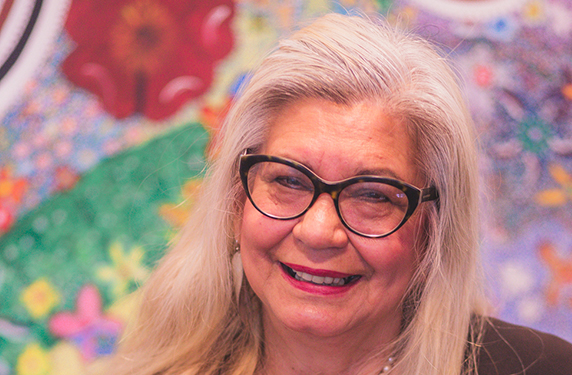New national accreditation standards to boost Indigenous knowledge in psychology education aim to increase the number of Indigenous psychology students and create a more culturally aware and responsive mental health workforce.
The standards resulted from a research project led by The University of Western Australia and will require Indigenous knowledge be included in all levels of psychology education and training.
The Australian Indigenous Psychology Education Project focused on how psychology training could develop a mental health workforce more open to Aboriginal and Torres Strait Islander peoples, and how to increase numbers of Aboriginal and Torres Strait Islander psychologists through recruitment, retention and graduation across undergraduate and postgraduate psychology courses.
Now in its second phase, the team, led by UWA's School of Indigenous Studies, will implement the recommendations of the original research, endorsed by the Australian Psychology Accreditation Council, to update psychology curricula across Australia.
Lead researcher and Aboriginal psychologist, UWA Professor Pat Dudgeon, is working with partner universities to develop curriculum resources and educational materials and support professional development for academics teaching psychology.
Professor Dudgeon said the project aimed to improve the mental health and wellbeing of Aboriginal and Torres Strait Islander peoples accessing mainstream mental health services.
Having a culturally responsive and safe health workforce means that individuals who are not seeking help due to distrust of, or poor responses from, the health system are able to access services when they need them."
Professor Pat Dudgeon

"By helping partner universities meet the new standards this will in turn build cultural responsiveness among emerging workforce, increase numbers of Aboriginal and Torres Strait Islander psychologists and, in the longer term, close the gap in health and education."
The project was funded through a Million Minds grant for the Transforming Indigenous Mental Health and Wellbeing program.






